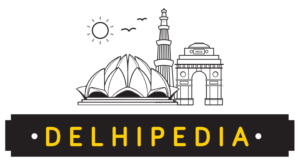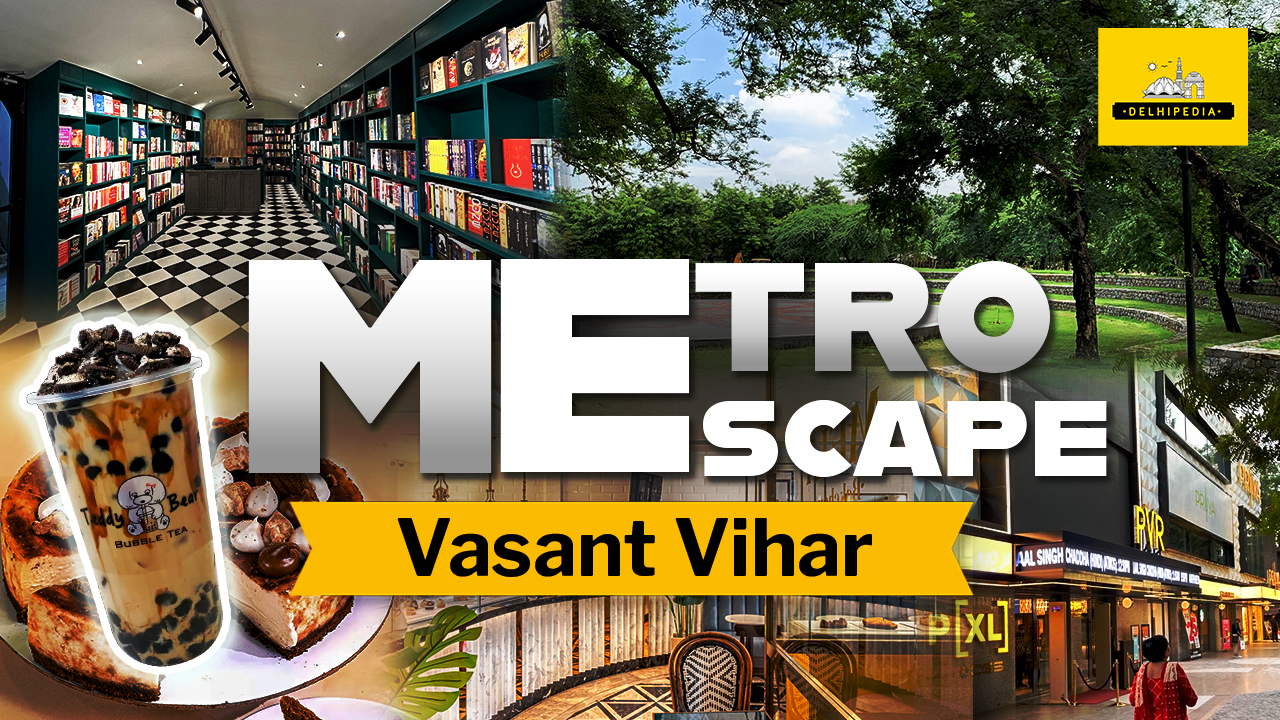The capital will most likely inaugurate its first Partition Museum in August this year. What would that mean, you ask? It means a museum that displays photographs, letters, clothes, utensils and other belongings of the many people who migrated from across the border to Delhi, back in 1947.
During independence, the sub-continent witnessed the largest mass-migration in the history of humankind, and Delhi played an important role in it. Many lost their homes and hurriedly crossed the border with their most valuable belongings. This museum intends to create an archive of these items and document the reality of the times.

To be managed by The Arts and Cultural Heritage Trust in association with the government’s Department of Archaeology, the museum will be developed in the Dara Shikoh Library building that stands inside the campus of Ambedkar University near Kashmere Gate. “The entire project is tentatively called ‘Daastaan-e-Dilli’, and is aimed at creating a cultural hub at the historic and beautiful Dara Shikoh Library. It will be a unique space in which we can consider the impact of divisions (the Partition of India) and unification (as through the Sufism of Dara Shikoh) side by side”, says Kishwar Desai, Chair, TAACHT.

The inauguration is set to coincide with Delhi Government’s Freedom @75 celebrations, that were announced in the annual budget to celebrate 75 years of Independence next year. An extension of the Partition Museum in Amritsar, the site will also be developed as a cultural hub, incorporating galleries and performances in addition to a cafeteria.

“Within these artefacts are the stories of people who were forced to migrate overnight when the country was divided. It serves as a lesson that we should not divide and rule. The museum will also have inspirational stories of people who survived and those who helped them when they returned to this country after losing almost everything,” said Desai.





